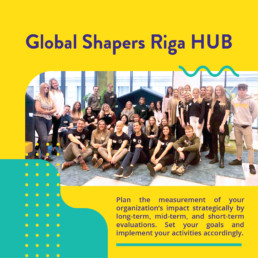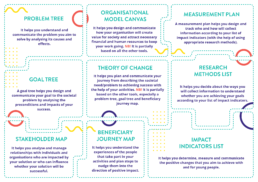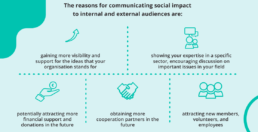Social Impact Management of Youth Organisations and Social Enterprises

Social impact is becoming more important subject for both social enterprises and youth organisations. Often youth organisations lack knowledge and understanding about the actual quality of their work, if what they do really reaches their goals and how they could improve their work in order to create the impact they want.
In all Baltic states there is very little information available for youth organisations about the importance of social impact management, let alone user-friendly tools or consultation services. National youth policies rarely mention or tackle this topic, leaving it all up to organisations, social enterprises and youth workers themselves to figure out if and how they could track, evaluate and communicate their impact. The problem with poor social impact management among youth organisations creates challenges and tensions also on a larger policy level.
Five partner organisations from Baltic states – Social Entrepreneurship Association of Latvia, The National Youth Council of Latvia, Stories for Impact, The Estonian National Youth Council and Geri Norai, active in youth field as well as in social entrepreneurship shared their knowledge and experience about social impact management in youth organisations and youth social enterprises in the framework of the project BALTIC : YOUTH : IMPACT that was co-funded by the Erasmus+ Programme of the European Union. The project concluded in May 2022.
The main objectives of the project were:
1. to improve the capacity, skills and know-how of youth workers in youth organisations in Baltic States on topics related to social impact management (impact tracking, measurement, evaluation and communication), and
2. to promote the importance and approaches of social impact management in youth organisations among policy makers and stakeholders in Baltic countries by creating practical, user-friendly impact management tools and policy recommendations and implementing non-formal education learning and experience sharing events for youth organisations.
The outputs of the project
NEEDS ASSESSMENT AND OVERVIEW OF THE BEST PRACTICES
This paper provides an overview of whether and how youth organisations and social enterprises in the three Baltic States — Estonia, Latvia, and Lithuania — measure their impact and presents different examples to give other organisations tips for measuring their organisation’s impact. The aim is to establish the experience for today and determine the aspects motivating organisations to assess their impact.
Download in Latvian, in Lithuanian, in Estonian.
BEST PRACTICE STORIES

Social impact management best practice stories bring together a variety of practical examples of how youth organisations and social enterprises in the Baltic States measure, collect and communicate their social impact. These examples serve as a great source of inspiration for organisations that want to start their own social impact management but do not know how to do it.
Watch nine best practice stories in video format.
SOCIAL IMPACT MANAGEMENT TOOLBOX

This toolbox can help you plan, implement and communicate the positive changes that you aim to create with your initiative or organisation in the lives of young people. Toolbox is a combination of nine tools especially developed for planning, measuring and increasing positive impacts of the organisations and reducing any negative effects of their activities. It is designed for an organisation that works with and for the young people, however, the tools are absolutely suitable for designing and measuring the impact of any activities.
Download the complete toolbox in Latvian, in Lithuanian, in Estonian.
GUIDELINES FOR SOCIAL IMPACT COMMUNICATION
These guidelines provide support instruments to help employees or volunteers in youth organisations or social enterprises to communicate their social impact in an understandable, inexpensive way, thus supporting efforts towards quality and better work of youth organisations. The goal of social impact communication is to increase and scale the positive social and environmental impact.

POLICY RECOMMENDATIONS FOR SOCIAL IMPACT MANAGEMENT
This paper outlines project partner recommendations, based on findings, external research, and expert opinions performed during the project. These recommendations are presented with the intention of informing policy-makers and lobbyists with the power to advocate for improvements in the area of social impact management in the youth sector.












